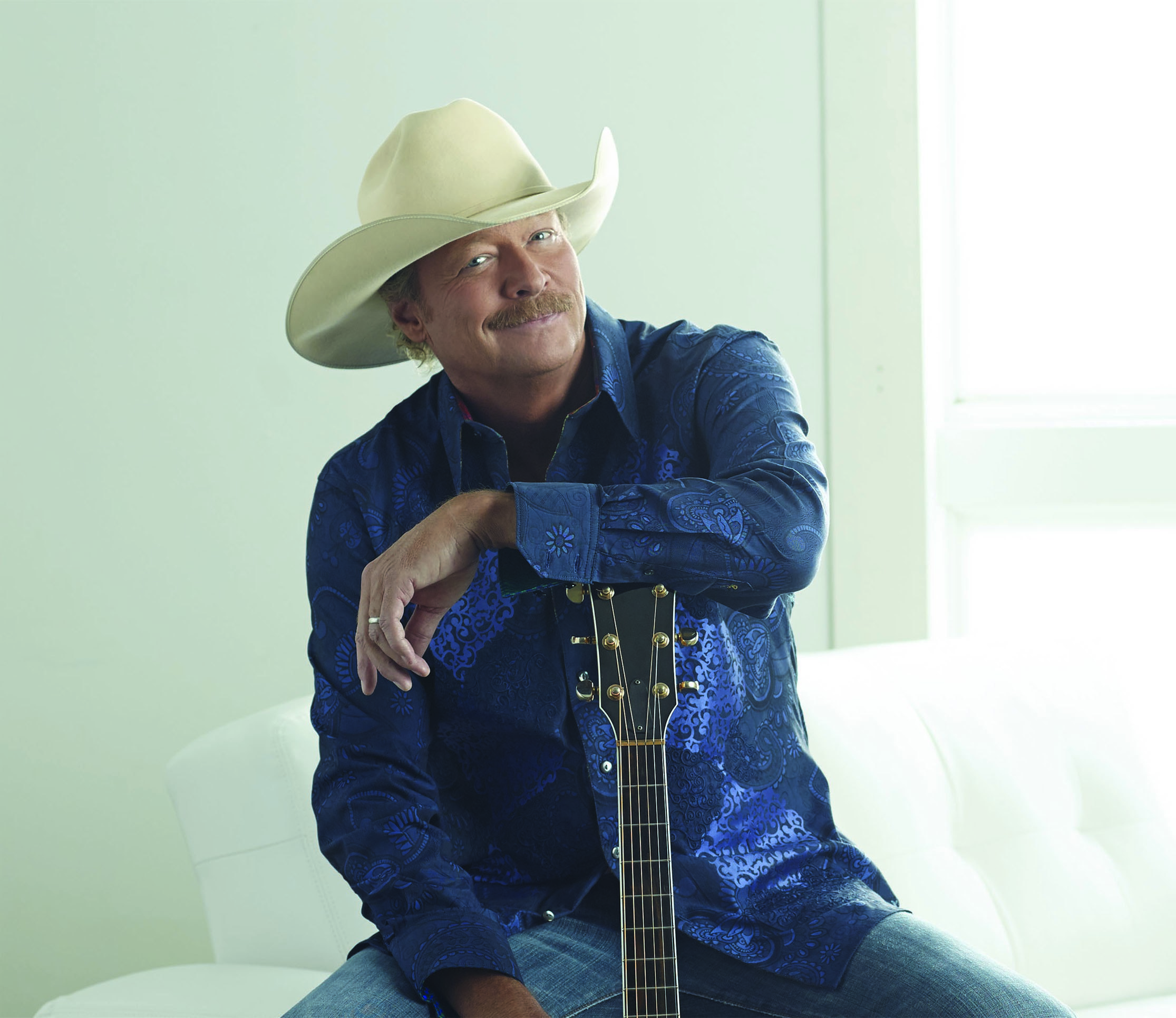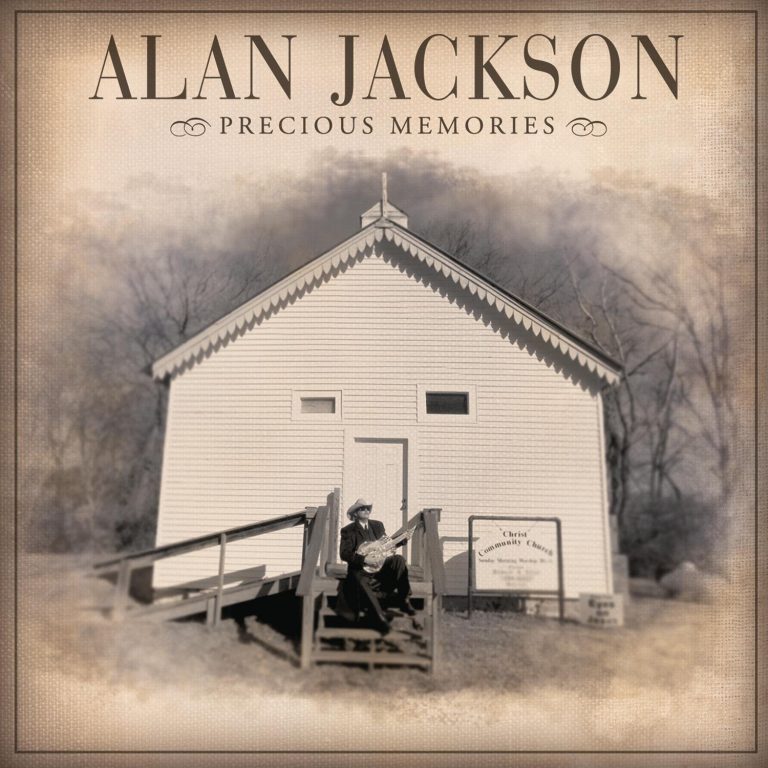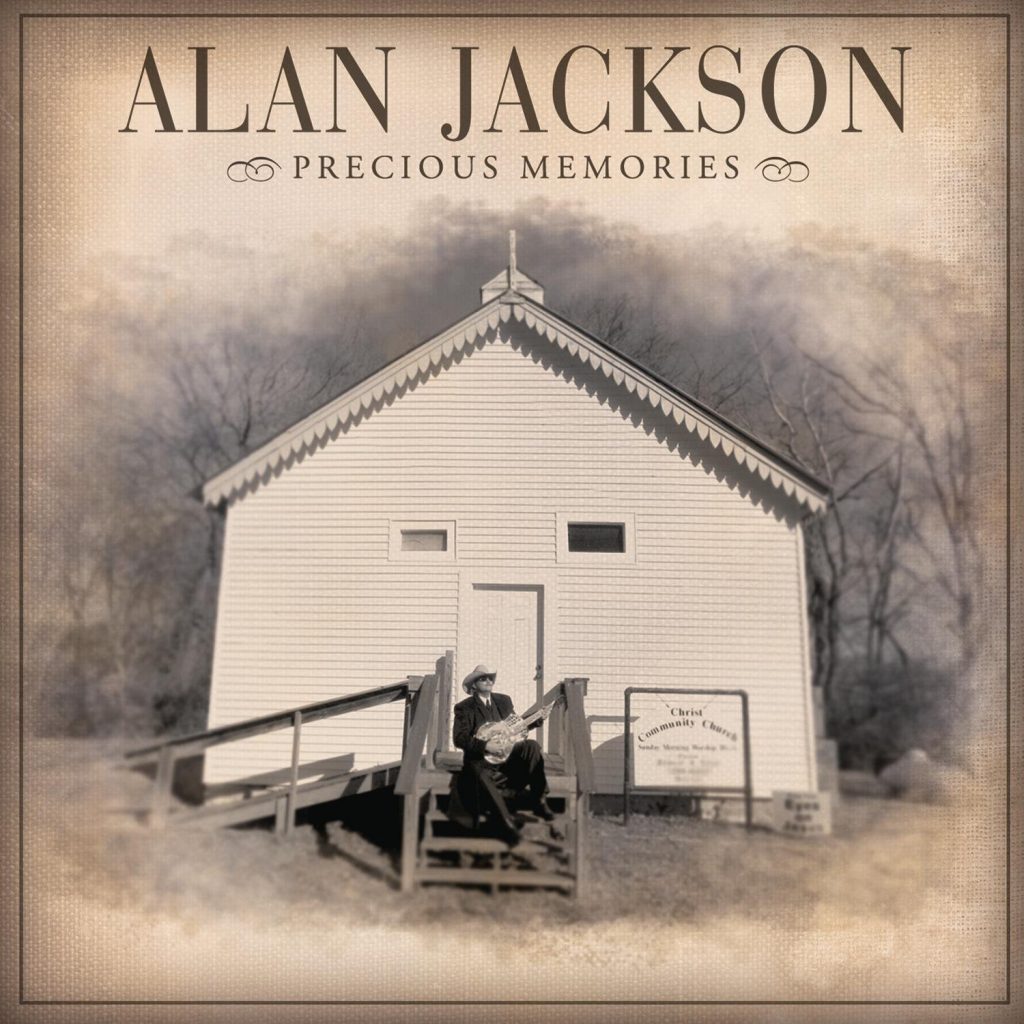
Alan Jackson
View Official WebsiteReleases
Featuring Alan Jackson

About
Alan Jackson
Unlike most entertainers, Alan Jackson is a quiet, reserved man who can be uncomfortable with public attention and the media spotlight. However, watch him in concert, or listen to his recordings, and it becomes clear that Jackson loves country music. He admires country music’s heroes, and he relates to country music’s fans. He loves what country songs express. He loves the subtle emotions that the best country songwriters weave into lyrics. He loves getting on a concert stage, or settling into a recording booth, and turning his personal values and experiences into songs packed with wit, insight, and universal truths.
“I never really liked the whole star part of the music business,” Jackson said. “I like the singing and the writing and all that goes with that. That’s the part that drew me into it. I wanted to make good country music, and I never wanted to venture too far from that.”
During an era of tremendous musical change, Jackson built his reputation by being a steadfast standard-bearer for traditional country music. While others stoked debates about what does or does not constitute country music, Jackson provided the measuring stick. No one ever questioned the music Jackson created. His songs are, and always have been, the very definition of country music.
That dedication to the genre’s core values was apparent from the start of Jackson’s recording career, in 1989, when he became the first country artist signed to Arista Records. His expressive baritone revealed the influence of heroes George Jones and Hank Williams, and his songwriting presented a clever, heartfelt view of life, love, and family in the South. On early hits such as “Here in the Real World,” “Chasin’ that Neon Rainbow,” and his first #1, “I’d Love You All Over Again,” Jackson sounded like a throwback to an earlier era.
Nonetheless, within traditional country parameters, Jackson has explored a wide range of regional styles. His songs have drawn on bluegrass, Cajun, honky-tonk, gospel, love ballads, tear-in-your-beer heartbreakers, and western swing. He has proven masterful at finding fresh ways to update traditional styles while focusing on lyrics that tell his stories and extol his values and indulge his humor.
“I never wanted to venture too far from the kind of music I’ve always loved,” Jackson said. “Hank Williams or Merle Haggard, they liked to play a lot of different styles of music, but it was all country. I wanted to mix it up but stay true to country, too.”
The Newnan, Georgia, native was born on October 17, 1958. His father, Joseph Eugene “Daddy Gene” Jackson, worked as a mechanic at a Ford Motor Company assembly plant. His mother, Ruth “Mama Ruth” Musick Jackson, was a dietitian and school cafeteria manager. As Jackson paid tribute in his song “Home,” his father built the family’s residence around a one-room toolshed, expanding the home through the years to accommodate the births of Alan and his four older sisters.
Jackson didn’t own a guitar growing up, and no one in his family sang or played an instrument. When he turned twenty-one, he had yet to write a song or perform in a honky-tonk. Nor had he traveled north of the Georgia border. “Nashville,” he said, “seemed as far away as Japan to me.”
Jackson met his wife, Denise, at age seventeen; the couple married the following year. In 1980, after attending a country concert, Jackson began to talk to his wife about his interest in a career in music. Three years later, he started performing cover tunes with local country bands. He honed a distinctive style built on an expressive, believable baritone voice and songwriting that drew on his own experiences. Jackson turned those details into concise, catchy songs that were, by turns, colorful and deeply emotional.
Denise Jackson, while working as a flight attendant, met singer Glen Campbell in an airport and asked for advice for her husband. Campbell referred her to a Nashville music publishing company he owned; he also told her that the couple should move to Nashville.
In 1985, the couple followed Campbell’s suggestion and moved into a basement apartment in the Donelson neighborhood, near the Nashville airport. Jackson began working in the mailroom at The Nashville Network, a cable TV channel, and he picked up extra money singing demo recordings for songs written by other songwriters. He dedicated himself to writing his own material, which landed him a songwriting deal with Campbell’s publishing company, KayTeeKay Music.
Jackson began recording his own songs in 1988 with the help of producer Keith Stegall. Those demo recordings led Jackson to his contract with Arista and the release of his 1990 debut album, Here in the Real World—co-produced by Stegall and Scott Hendricks—which sold two million copies. Every album Jackson released for the next fifteen years, all produced by Stegall, sold a million or more copies.
After the terrorist attacks of September 11, 2001, Jackson wrote and recorded “Where Were You (When the World Stopped Turning).” He introduced the song at the 2001 CMA Awards, and it grew into a #1 hit that received national attention.
In addition to writing a majority of the material for his own recordings, Jackson has contributed songs to other artists. Randy Travis, whom Jackson befriended before either was a star, recorded four Jackson tunes (three of which Travis co-wrote), including the hits “Forever Together” and “Better Class of Losers.” Jackson also wrote Clay Walker’s #1 hit “If I Could Make a Livin’,” and Faith Hill did well with Jackson’s “I Can’t Do That Anymore.”
Jackson has sold more than sixty million albums worldwide and ranks as one of the ten best-selling solo artists of all-time in any genre. As of 2017, he has registered fifty Top Ten hits and thirty-five #1s (including twenty-six Billboard #1s). He has received eighteen Academy of Country Music awards, sixteen Country Music Association awards, and a pair of Grammys. Jackson received the first-ever ASCAP Heritage Award in 2014, having earned the title of most-performed country music songwriter-artist of ASCAP’s first one hundred years. Jackson is a member of the Nashville Songwriters Hall of Fame and the Grand Ole Opry.




